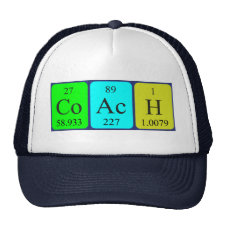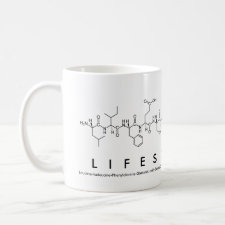
Authors: Meier F, Schott B, Riedel D, Mizaikoff B
Article Title: Computational and experimental study on the influence of the porogen on the selectivity of 4-nitrophenol molecularly imprinted polymers.
Publication date: 2012
Journal: Analytica Chimica Acta
Volume: 744
Page numbers: 68-74.
DOI: 10.1016/j.aca.2012.07.020
Alternative URL: http://www.sciencedirect.com/science/article/pii/S0003267012010501
Abstract: In molecular imprinting the porogen plays a decisive role, as it not only affects the physical properties of the resulting polymer including its porosity, the specific surface area, and the swelling behavior, but also governs the stability of the prepolymerization complex, which in turn decisively determines the recognition properties of the resulting molecularly imprinted polymer (MIP). In this study, the influence of the porogen on the selectivity of MIPs was investigated. Therefore, bulk MIPs against 4-nitrophenol using 4-vinylpyridine (4-VP) as functional monomer and ethylene glycol dimethacrylate (EDMA) as crosslinker were prepared in acetonitrile and chloroform. The recognition properties of both MIPs were evaluated during chromatographic studies using the respective porogenic solvents as mobile phase for both MIPs. Along with the characterization of the morphology of the obtained polymers via SEM and BET analysis, the beneficial nature of chloroform as porogen for imprinting 4-NP was experimentally demonstrated and verified by findings obtained from complementary molecular dynamics simulations. Moreover, the application of chloroform as mobile phase for the MIP prepared in acetonitrile and vice versa clearly demonstrated the dependence of the resulting recognition properties on the selection of the mobile phase
Template and target information: 4-nitrophenol, p-nitrophenol
Author keywords: molecularly imprinted polymers (MIPs), 4-nitrophenol, molecular modeling, HPLC, selectivity



Join the Society for Molecular Imprinting

New items RSS feed
Sign-up for e-mail updates:
Choose between receiving an occasional newsletter or more frequent e-mail alerts.
Click here to go to the sign-up page.
Is your name elemental or peptidic? Enter your name and find out by clicking either of the buttons below!
Other products you may like:
 MIPdatabase
MIPdatabase









